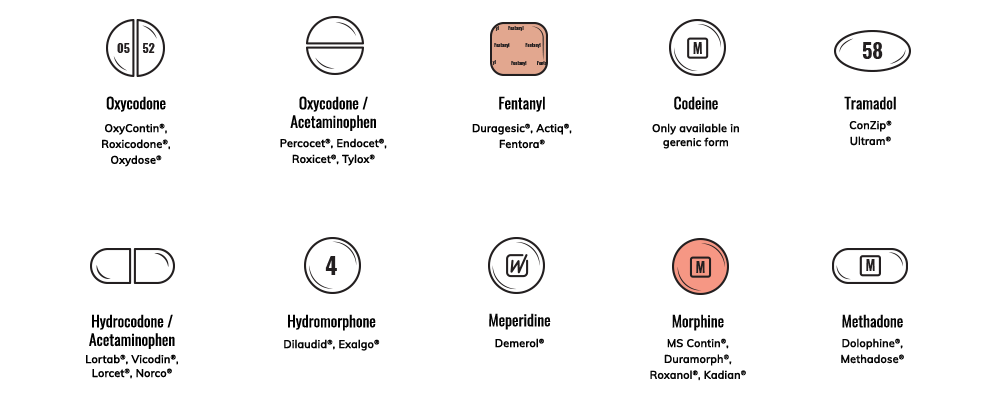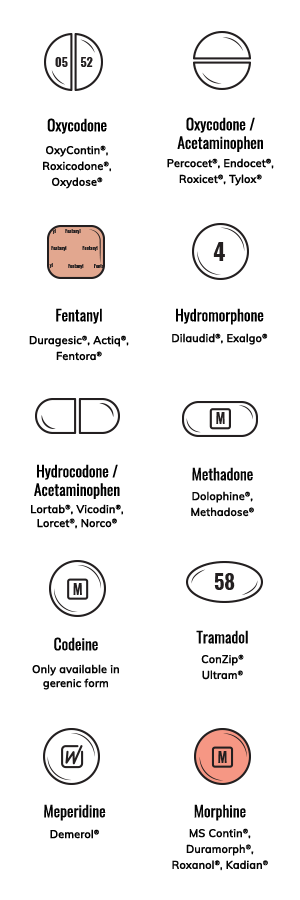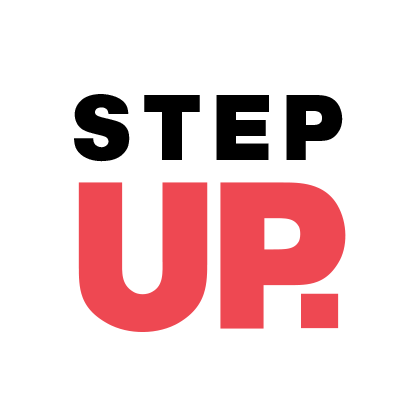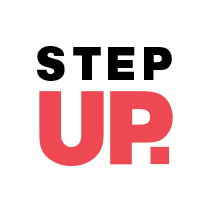So, you want to be part of the solution.
One hundred little words triggered the opioid crisis, which has killed over two million Americans.

So, you want to be part of the solution.
One hundred little words triggered the opioid crisis, which has killed over two million Americans.
In 1980 a medical doctor published a paragraph that said that prescription painkillers are non-addictive. That article was cited and shared more than 600 times, usually to argue that opioid painkillers were not addictive. Over the subsequent decades, opioid prescription sales have soared, quadrupling since 1999. Yet, there’s been no overall change in reported pain. Now more than two million Americans have died.

These little things are dangerous:


These little things are dangerous:
They don’t call it an epidemic lightly. The effects of prescription painkillers, when they are misused, are tragic.

Little things (like having a conversation) can save a life.

Little things (like having a conversation) can save a life.
Talk to your doctor.
Talk to your family and friends.

Little things (like having a conversation) can save a life.

Little things (like having a conversation) can save a life.
Talk to your doctor.
Talk to your family and friends.

If you have prescription painkillers in your home, there are little things you can do to keep you and your family safe.

If you have prescription painkillers in your home, there are little things you can do to keep you and your family safe.

If you have prescription painkillers in your home, there are little things you can do to keep you and your family safe.

If you have prescription painkillers in your home, there are little things you can do to keep you and your family safe.
Safe Storage
The best thing to do is have a locking box where any medications are stored. But you can secure your medication in other ways. Here are a few ideas:
- Keep a tally on your phone of how many pills are in each bottle and update it whenever you take your medication.
- Move your medications to a spot that only you know and continue to count the number of pills.
Safe Disposal
Don’t keep leftover pills you don’t need. Here are two ways that you can dispose of medications safely:
- Take them to a secure drop off site. Find one near you here.
- Get a Deterra bag and follow the directions on the bag to deactivate your pills.

Know the signs
If a friend or loved one is prescribed an opioid, pay attention to signs of misuse, especially if they persist longer than the duration of the treatment.- Finishing prescriptions prematurely
- Wanting a prescription refill when their doctor didn’t prescribe refills
- Changes in sleep patterns
- Agitation and mood swings
- Poor academic performance and missing classes
- A strong interest in opioids
- Getting in trouble in school or with the law
- Poor job performance if they’re working
- Withdrawing from friends, family and activities
Safe Storage
The best thing to do is have a locking box where any medications are stored. But you can secure your medication in other ways. Here are a few ideas:
- Keep a tally on your phone of how many pills are in each bottle and update it whenever you take your medication.
- Move your medications to a spot that only you know and continue to count the number of pills.
Safe Disposal
Don’t keep leftover pills you don’t need. Here are two ways that you can dispose of medications safely:
- Take them to a secure drop off site. Find one near you here.
- Get a Deterra bag and follow the directions on the bag to deactivate your pills.

Know the signs
If a friend or loved one is prescribed an opioid, pay attention to signs of misuse, especially if they persist longer than the duration of the treatment.- Finishing prescriptions prematurely
- Wanting a prescription refill when their doctor didn’t prescribe refills
- Changes in sleep patterns
- Agitation and mood swings
- Poor academic performance and missing classes
- A strong interest in opioids
- Getting in trouble in school or with the law
- Poor job performance if they’re working
- Withdrawing from friends, family and activities










